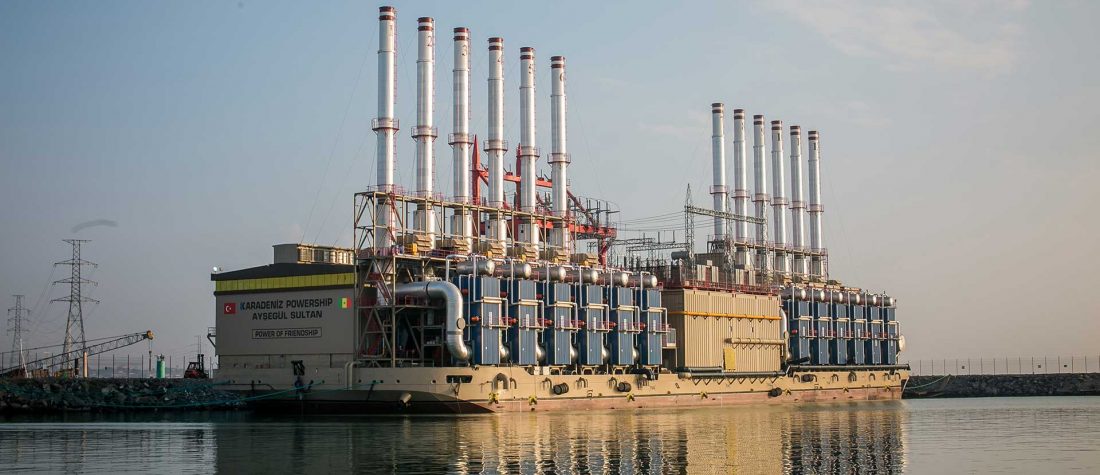The recent unusually warm weather across Europe has helped ease pressure on the continent’s energy crisis, with fears of rolling blackouts and further strain on household bills, at least for now, not coming to fruition.
Nevertheless, extremely important debates continue over how Europe can ensure it gets the energy it needs in the immediate term following the supply shock caused by the war in Ukraine. One idea is universally agreed upon: more creative and flexible solutions are needed. This is also relevant for the longer term for Europe if it is to fully adjust to the loss of Russian energy supplies and to enable its carbon-reduction goals.
Europe’s energy policymakers have an unenviable task. They must ensure that the region’s demand needs are met in an affordable way while at the same time supporting the transition to low-carbon fuels. European leaders are generally taking a pragmatic approach to the crisis, making the distinction between how to immediately plug the unexpected demand gap and the region’s medium-to-long-term needs.
There’s a European Union-wide consensus that renewables, nuclear power, and small modular reactors will comprise the low-carbon energy mix of the future. The bloc’s member states, as well as the UK, are actively moving to invest and scale up those solutions over the next few years.
But what happens between now and then? That’s a more challenging problem to address because the reality is that fossil fuels will continue to be needed to ensure energy security. Natural gas, fuel oil and even coal all have to play a role in the immediate response to the energy crisis.
While liquified natural gas will provide an important bridging fuel over the longer-term transition to cleaner energy, there are immediate challenges with getting hold of supplies.
LNG is an attractive, lower-carbon alternative to coal. Competition for the fuel globally is fierce and as a result, prices have soared. Average US LNG export prices have surged over the past year, reaching $15.45 per thousand cubic feet in August, double year-earlier levels. In Asia, the situation is even worse, with regional benchmark prices reaching more than $34 per million British thermal units, according to S&P Global Commodity Insights.
These price spikes have had a knock-on impact on European households, with families and businesses bearing the brunt. Even government subsidies are a temporary fix because the costs will ultimately be transferred to the taxpayer.
What Europe needs is a new source of electricity that’s flexible, affordable and can be deployed almost immediately. Karpowership has a solution. We have a fleet of integrated floating energy production facilities, known as Powerships. Their generating capacity ranges from 36 MW to 480 MW, and there is 2,000 MW available to be deployed almost immediately. The vessels can be delivered ready to connect to any European electricity grid in as little as 30 days, once all the necessary permissions have been granted. At Karpowership, we have been speaking to key stakeholders in markets across the European Union and there’s been significant interest in our solution from the bloc’s leading economies. We look forward to future partnerships and to playing our part in Europe’s energy security.
Powerships have multi-fuel engines, enabling them to switch between fuel oil, LNG or biodiesel, depending on which is most cost efficient at that time. Our integrated solution, and the speed at which we can be connected to a grid, would save Europe millions of euros this winter and into next year, helping people and business to keep the lights on and heat their homes.
There is no easy way out of the energy crisis. From supply chains still reeling from pandemic-related disruptions and a supply shock from Russia that nobody could have foreseen, it’s clear Europe is facing a deeply complex set of challenges.The future is renewables. Most people acknowledge and look forward to that. But today, we need a mix of fuels to meet our energy needs, and we need more creative, flexible and affordable solutions. Karpowership is committed to helping deliver those solutions.
Mehmet Katmer is Business Development Director at Karpowership


